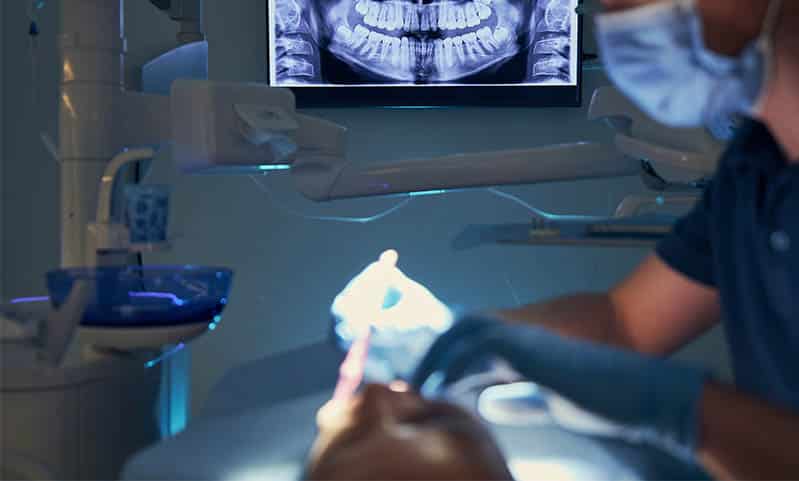The child’s heart stopped during a simple tooth extraction procedure. He had no pre-existing conditions and no known anesthesia allergies.
According to police, a certified nurse anesthetist put the boy to sleep immediately prior to the procedure. Less than an hour later, the young man’s pulse slowed and cheek swelled.
Despite some unspecified medical intervention, the child died almost immediately. The dentist said he had never seen a case like this and was completely blindsided by the child’s sudden death.
“My boy didn’t deserve to die no matter how many [people] say it was probably an allergic reaction,” his mother wrote in an online post.
“I watched Doctors and nurses give CPR forever and my boy didn’t return to me. So yes, I want Justice, find out what happened because he was a healthy boy. And there is someone to blame for it.”
Physician Duty of Care
Even though a tooth extraction may seem like a routine procedure, the duty of care remains high.
That low margin for error is one reason that dentists have a fiduciary duty toward their patients. The duty of care is so high that what might be a simple mistake in some contexts is actionable negligence in this context.
With anesthesia, there can be no room for error.
Slightly too much anesthesia, and the patient might not wake up. A bit too little, and the patient could wake up too early.
Surgical Mistakes
Administering the wrong amount of anesthesia is just one thing that can go wrong.
Sometimes, doctors do not adequately review patient records, administer the wrong kind of medicine, and the patient has a severe allergic reaction.
Usually, doctors and other negligence defendants cannot use victims’ vulnerabilities against them. This doctrine, which is called the eggshell skull rule, also comes up in many car crash, fall, and other injury-related claims.
Failure to properly monitor patients is another common anesthesiologist error.
Many of these physicians assume that if they did everything right, nothing can possibly go wrong. In fact, some anesthesiologists even disable or ignore alarms.
Other surgical errors include procedural negligence and practical negligence. Procedural negligence includes mistakes like operating on the wrong part of the body or extracting the wrong tooth.
Such mistakes seem unthinkable, but they happen in busy operating rooms. Practical negligence is hard to believe as well. Yet some doctors leave items, like sponges, inside patients as they finish.
On a similar note, some surgical teams don’t properly sterilize instruments. They either overheat them and cause burns or don’t heat them enough, which could cause infection. Doctors are ultimately responsible for all these errors.
Wrongful Death Claims
No one can turn back the clock and reverse these mistakes and the injuries they cause. In a way, it’s insulting to imply that any amount of money can fill the void which a wrongful death leaves. That may be true, especially if the victim is a young child.
But financial compensation gives survivors the resources they need to take care of final expenses and attempt to move on with their lives.
This compensation usually includes lost future emotional and financial support.
These items are very difficult to ascertain. So, a New York personal injury attorney usually partners with accountants, psychologists, and other such professionals to determine an amount of fair compensation.
As mentioned, compensation in a wrongful death claim usually also includes money for things like funeral expenses, medical bills, and burial costs.
In many cases, these expenses exceed tens of thousands of dollars. Survivors should not be burdened with these costs, especially if the wrongful death occurred because of someone else’s negligence.
A few moments of medical negligence could have tragic consequences. For a free consultation with an experienced personal injury attorney in New York, contact Napoli Shkolnik PLLC. We do not charge upfront legal fees in these matters and only recover a fee if we win your case.
